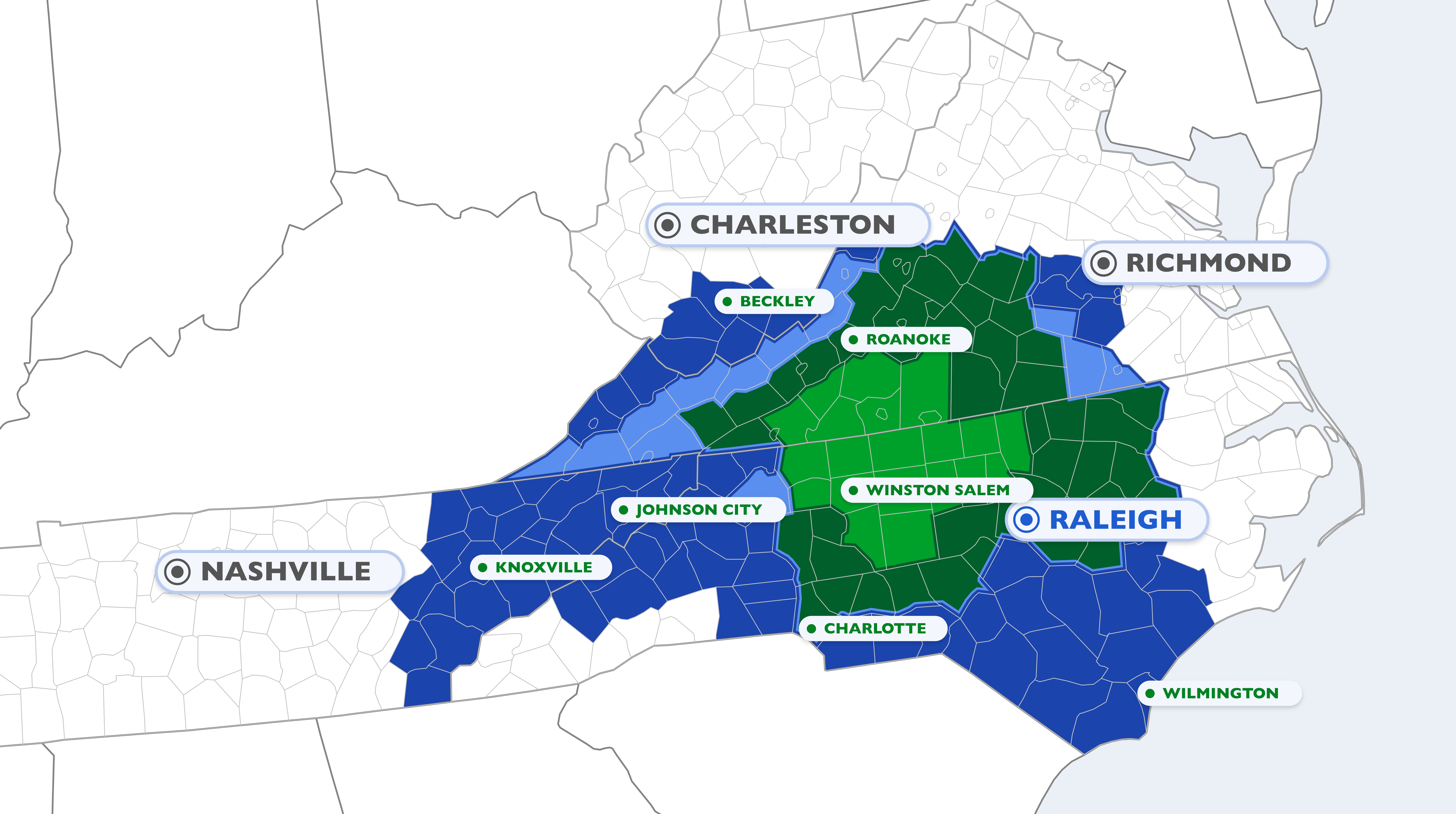What’s the Difference Between Unbranded & Branded Fuel?
When it comes to gas, customers throughout North Carolina and Virginia claim that they notice the difference between a branded fuel vs. an unbranded option. And some even go so far as to be lifelong loyalists to certain fuel brands.
At Hutchens Rentz-Eden, we proudly supply both branded and unbranded fuels to meet the diverse needs of our commercial and retail fuel partners.
But what exactly sets branded fuel apart from unbranded fuel? And how do these differences impact fuel retailers and consumers alike?
At their core, branded fuels and their unbranded counterparts meet identical quality and safety standards. So, regardless of the logo, every gallon of fuel sold powers vehicles reliably and safely. The real difference comes in the form of additives included in the fuels themselves and the brand experience offered to the consumer.
Branded Fuel—A Recognizable Option
When you think of branded fuel options, names like CITGO, BP, Marathon, Liberty or Exxon undoubtedly come to mind. These brands include proprietary additive packages meant to help clean engines and improve performance. While the specific benefits of these additives can be difficult to verify, they contribute to the perception of quality and may provide peace of mind for some drivers.
Beyond what people experience at the pump or behind the wheel, these major brands often receive significant marketing support and signage geared toward attracting their patronage and loyalty.
Unbranded Fuel—Unknown, But Tested & Proven
As stated above, unbranded fuel meets the same rigorous standards as nationally recognized brands. However, because unbranded fuel can be sold at lower prices, independent retailers prioritizing competitive pricing and flexibility often source these options.
These fuels are also desirable for savvy consumers and retailers who don’t recognize performance issues due to the absence of proprietary additives that are commonly found in branded fuel.
Pros & Cons to Consider*
Each fuel type brings unique benefits and trade-offs. Here’s a quick look at what to consider when deciding between branded and unbranded fuel.
Branded Fuel
Pros: Strong consumer recognition, marketing support and brand loyalty
Cons: Higher costs and strict contracts with limited pricing flexibility
Unbranded Fuel
Pros: Lower price points and greater freedom to shop around
Cons: Less marketing support and potential challenges during fuel shortages
*Source: DTN insights






